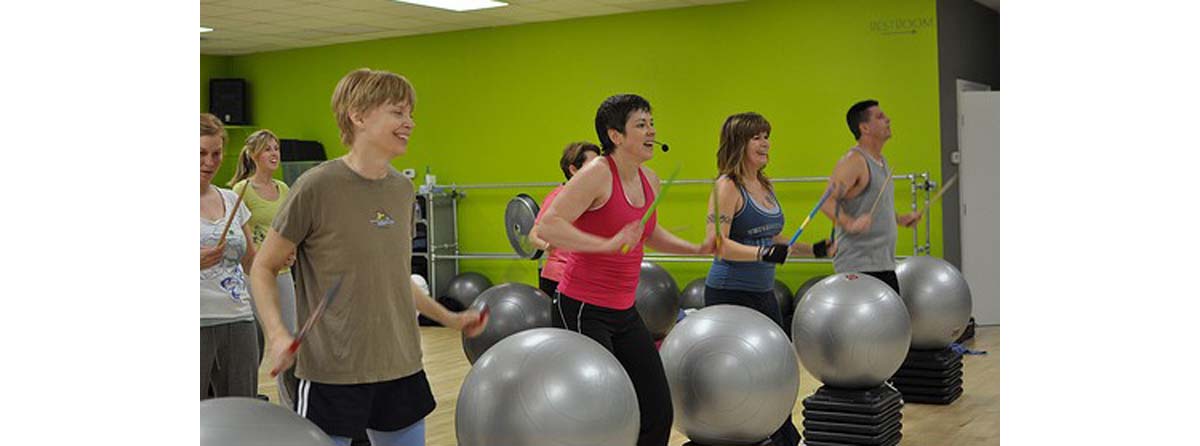Table of Contents
You get home from a long day at the office. After a row with your boss, disagreements with colleagues, and feeling like you've accomplished very little despite working your fingers to the bone for the best part of 10 hours, the gym feels like the last thing you want to do.

Add to that those inevitable family conflicts, a hectic social life and all your day to day chores and stresses and hitting the treadmill or attending your spin class seems even less appealing.
The easy option is to crash on the couch instead, maybe watch a DVD, read a book or get a takeaway, but all you end up doing is fretting and nothing gets the stress out of your head.
Why not hit the gym instead?
Considering many people get stressed out just at the idea of exercise, this might sound bizarre, but the benefits of cardiovascular exercise on stress and anxiety levels are well documented. Why is exercise, and cardio exercise in particular, such a good stress management tool?
First up, it has a positive effect on your brain.
Stress can seriously damage your brain, and your memory in particular. The part of your brain responsible for a lot of memory functions – something called the hippocampus — can actually atrophy (break down, and stop working as well, very much like muscles that don't get worked) when you’re under high stress levels.
Exercise, however, reverses this effect as it promotes the release of neurohormones that can elevate your mood, improve cognitive function and ultimately improve your memory. This is the reason why people often say that exercise makes you smarter. It may be a very simplistic way of putting it, but there’s certainly a lot of truth there.
All your body’s systems are interlinked, so by improving one aspect you have an indirect, though substantial, effect on your brain function and stress levels as well. Your whole body is involved in the stress response process.
Your cardiovascular system links with your renal system, which in turn communicates with you muscular system. Your central and sympathetic nervous system is the big daddy of all of these body systems and controls how efficiently our bodies deal with stress and crisis. A healthy cardiovascular system makes your whole body work more effectively, and leaves you in a far better place to cope with stress.
Endorphin Response
There’s also another plain and simple fact to consider — when you are performing cardio exercises, you don’t have to think about your stresses and issues, because an intense cardio workout requires your full attention.
Runners know it as the “runner’s high,” when you finish a run and feel on top of the world – all your stresses seem to have disappeared and you feel like you could accomplish anything. This is due in part to the endorphins your body releases during exercise, that lead to feelings of positivity.
This endorphin response isn't limited to running though. Any type of cardio (and yes, that's any exercise that elevates your heart rate, causes you to break a sweat and generally work hard will have this effect) will do the trick, so choose your weapon – the cross trainer, stepper, rower, even an outdoor bike ride or a swim at your local pool will act as a powerful stress relief tool.
- “How Does Exercise Reduce Stress?”
- By Meredith Melnick
- Published May 21, 2013
- Accessed on July 24th 2013
- www.huffingtonpost.com/2013/05/21/exercise-reduces-stress-levels-anxiety-cortisol_n_3307325.html
- Photo courtesy of Kizzlexy by Flickr : www.flickr.com/photos/28541412@N04/4301083815/
- Photo courtesy of Peter van der Sluijs by Wikimedia Commons : commons.wikimedia.org/wiki/File:Walking_woman_during_marathon.JPG


Your thoughts on this